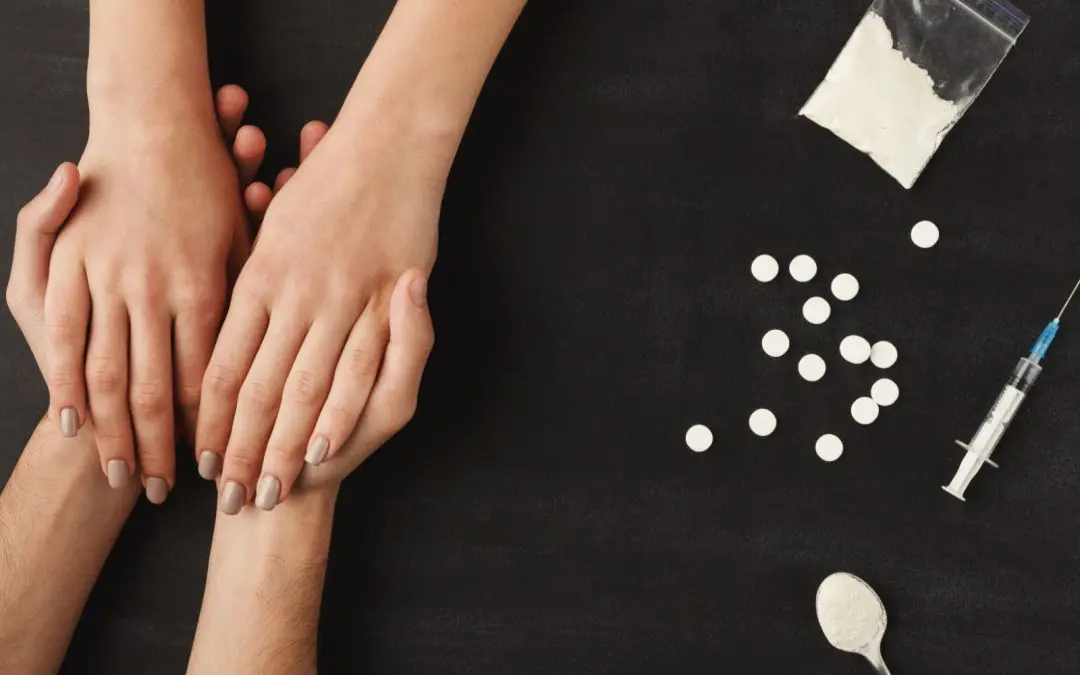24/7 Helpline:
(866) 899-111424/7 Helpline:
(866) 899-1114
Learn more about Outpatient Rehab centers in Hawaiian Gardens
Outpatient Rehab in Other Cities

Hawaiian Gardens Medical & Mental Health
Hawaiian Gardens Medical & Mental Health is a private rehab located in Hawaiian Gardens, CA. Hawaiia...













Other Insurance Options

Absolute Total Care

BHS | Behavioral Health Systems

MHNNet Behavioral Health

Carleon

Magellan Health

MVP Healthcare

American Behavioral

Self-pay options

WellCare Health Plans

CareSource

Meritain

Regence

CareFirst

ComPsych

Premera

WellPoint

BlueShield

Health Partners

Sutter

Group Health Incorporated